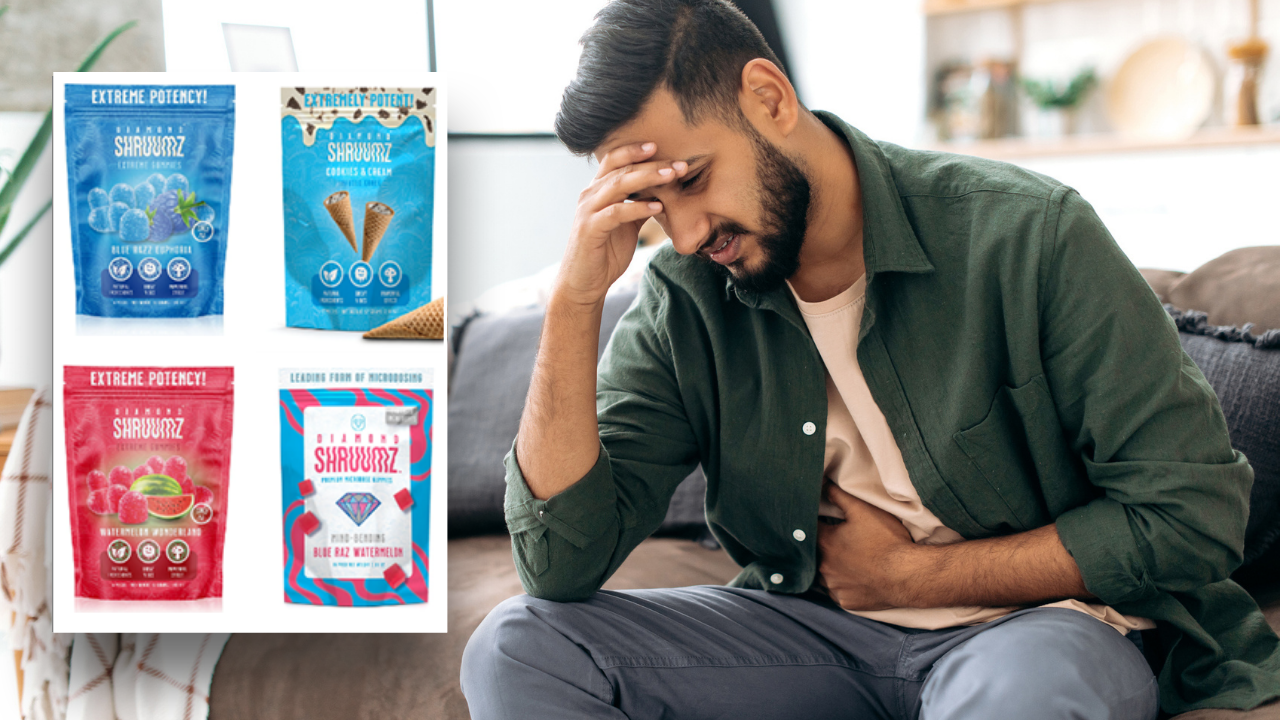Many turn to juices and cool beverages for relief as the temperature rises. One of the most widely used options is sugarcane juice. Due to health concerns, the Indian Council of Medical Research (ICMR) has warned about sugarcane juice’s high sugar content and recommends moderation. The ICMR and the National Institute of Nutrition (NIN) have released 17 new guidelines to encourage better eating practices.
High Sugar Content in Sugarcane Juice
With 13–15 grams of sugar per 100 milliliters, sugarcane juice has large sugar levels, as noted by the ICMR. “Sugarcane juice, which is extensively consumed in India, particularly during summers, is high in sugar and hence its consumption should be minimized,” said the ICMR. Experts in medicine advise adults to limit their daily intake of free sugar to 30 grams, while youngsters between the ages of 7 and 10 should only have 24 grams.
Beverages cannot be a substitute for water
Soft drinks that are carbonated or not are also included in the ICMR’s list of beverages to stay away from. These beverages could include sugar, artificial sweeteners, flavors, and edible acids, all dangerous in excess. “Soft drinks are not substitutes for water or fresh fruits and should be avoided,” said the ICMR. It is advised to use substitutes like buttermilk, lemon water, coconut water, and full fruit juice (without added sugar).
Due to their high caffeine level, one of these recommendations advises against consuming tea and coffee in excess. While a serving of tea has between 30 and 65 milligrams of caffeine, a 150 ml cup of brewed coffee has between 80 and 120 mg. A maximum of 300 mg of caffeine should be consumed each day.
Tea and coffee should be avoided at least one hour before and after meals, according to the ICMR, as their tannins can prevent the body from absorbing iron, which could result in anemia and iron deficiency. Consuming too much coffee can raise blood pressure and lead to irregular heartbeats.
Avoid Juices
Additionally, the ICMR suggests avoiding fruit liquids that have added sugar and suggests that entire fruits, with their fiber and nutrients, are a healthier option. Juices prepared freshly ought to contain no more than 100–150 grams of entire fruit. “Whole fruits are preferable as they contain fiber and other nutrients,” according to the ICMR.





